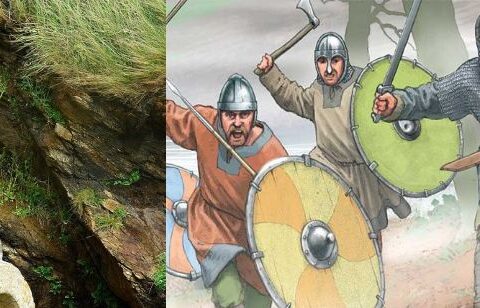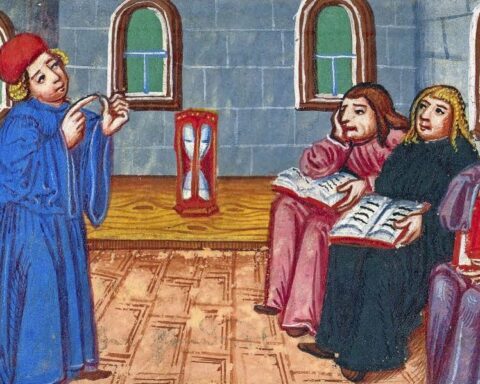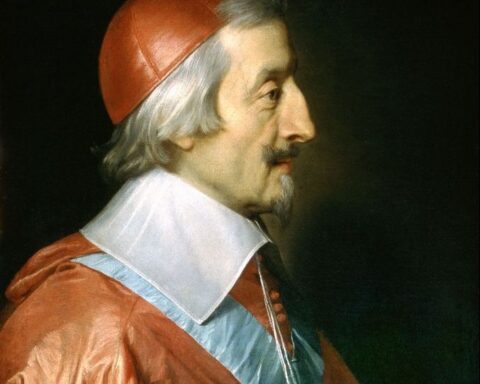Not even four hundred years after Jesus walked the earth, died, and rose again, questions appeared and started tearing at the fabric of the church. Just who was this Jesus? In 325 the church confirmed that Jesus was of the same substance as the Father. In 381 the church settled the matter that Jesus was born of the Father before all time. In 431 the church reaffirmed that Jesus was God in the flesh. Twenty years later, in 451, the leaders of the church again assembled and made explicit that Jesus was fully divine and fully human at the same time. In 553 the church refined their teaching to state that Jesus, the Christ God, had two natures in one Person.
Which brings us to the year 680. Jesus confuses us because we are not like Him. Why did He need to pray, “Not what I will, but what You will,” to the Father? If He was truly God, wouldn’t He have the same will and desires? The questions came forth and Emperor Constantine IV called the leaders of the church together in Constantinople. All of them presented what they taught regarding this subject, and the answer was that Jesus had not one will, but two—one divine and one human. His human will did not want to be crucified, but His divine will accepted it.
We see such a dichotomy in the Lord’s Supper. What is the Body without the Blood? Lifeless. What is the Blood without the Body? Useless. Christ without His human will would not be the second Adam. Christ without His divine will could not be our God.
In this bread we see the Body of the Son, broken and without life.
Blood spilled on the ground is not accomplishing its purpose. It carries life from our core to our fingertips, our feet, and every other part of us when it’s in its place. Jesus’ blood, spilled on the ground, shows us that God willingly gave Himself to us, allowing us to take His life so that He might re-take it, giving us the chance to be with Him. He allowed His blood to be spilled as the sacrifice for all time. It’s through this blood that we have redemption and forgiveness. We mourn the cost.









